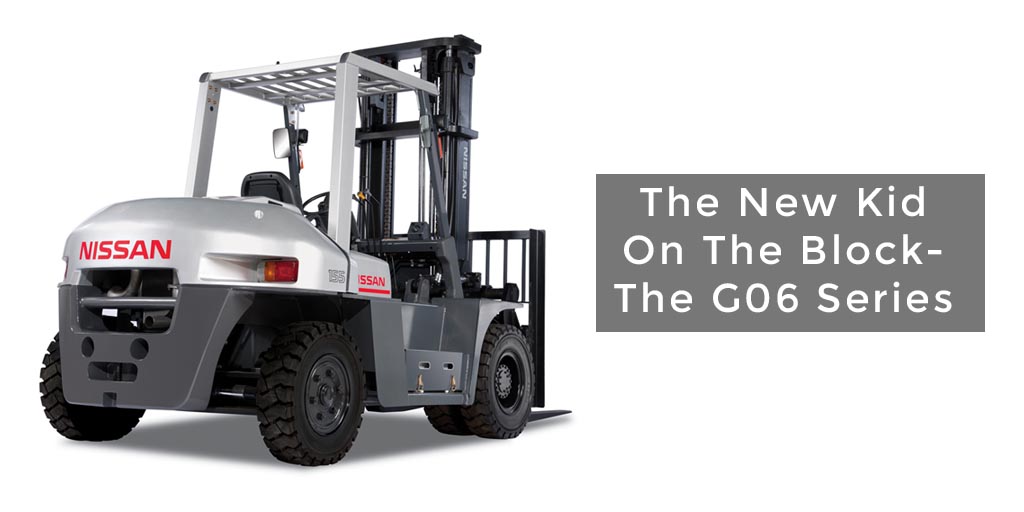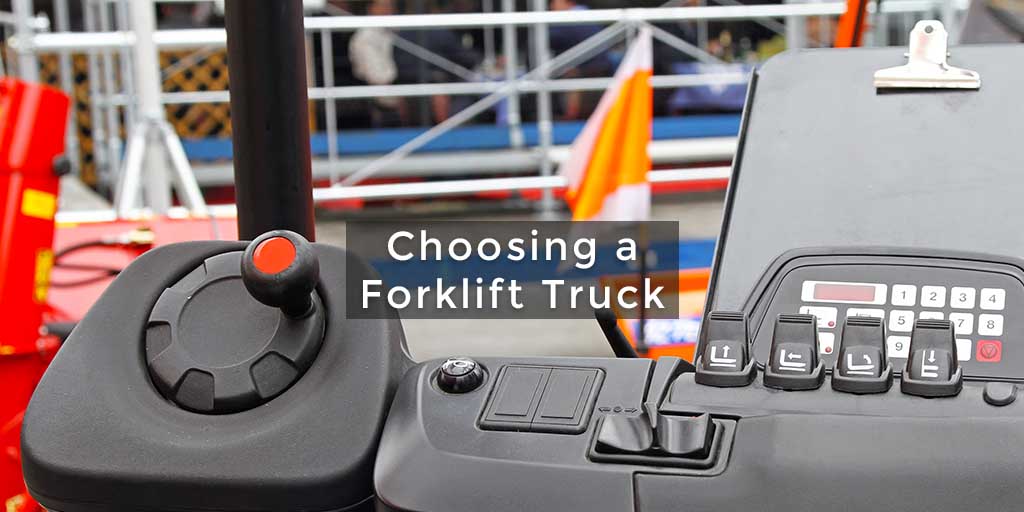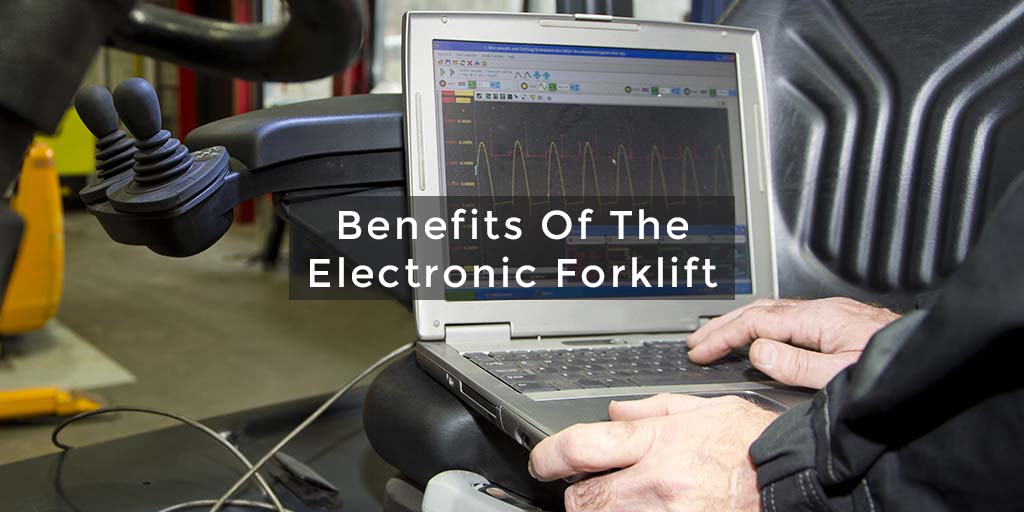Until recently diesel forklifts owned over 60% of the market share, this number however is constantly decreasing, being replaced with battery powered electric and automatic forklifts. Most electric forklifts still require a driver to steer it however more and more companies are favouring automated forklifts. These come with sensors to avoid collision and are able to carry pallets and packages a lot more efficiently as they don’t require a driver. Is this going to be a problem for forklift drivers’ prospects in the future?
The answer to the question is a little complicated, if you take it at a 1:1 basis more than likely you will start to see job shortages and layoffs as automated forklifts are replacing people. However in many ways this can be seen as a new opportunity, all those automated forklifts need someone to provide maintenance to them and make sure that there are no faults with the vehicle. This can’t simply be replaced by a robot and a lot of forklift operators are becoming automated forklift operators, except they are handling multiple forklifts.
Fears around job security make a lot of sense as automation has been a large point of discussion in the 21st century. There is nothing to fear however, the market isn’t moving towards full automation just yet, and businesses are reporting job shortages with forklift drivers having quit during and after the pandemic. This created an opportunity for high skilled workers who can operate both types of machinery, since a lot of companies despite the shortage still have plenty of diesel forklifts.
In order to level up your work opportunities it will be best to get yourself interested in how electric and automated forklifts work and be able to report and talk about them. How to check the sensors, carry weights and set everything up correctly to have the operation running smoothly. You can familiarise yourself with plenty of forklift models on our site but to get real impactful knowledge and bring value back to businesses forklift operators will need to learn about not only automation but computer systems and adjusting settings on complex machinery.
The problem with this however is that even if you were to Google and look up automated forklift training or automatic forklift training it won’t really come up with anything concrete. This is a problem as the usual licensing process, regardless of whether it’s a refresher course, one for experienced drivers or novice won’t cover the leaps in technology. This is something that will need to be learnt over time, as currently there is no easy framework you can gather regarding the forklifts.
That isn’t all either, with the current fuel shortage employers are now starting to change their stance on diesel powered forklifts, simply seeing it as a loss of value. In order to combat the expenditure cost, the only solution has been to replace the driver and then the associated forklift. What businesses will need to realise is that they will always need a member of staff who is responsible for that vehicle and all the others which are driving around warehouses.
If you would like to read more about the forklift driver shortage we have a short article on it which will help you understand the situation better by clicking here . In regards to the ultimate question of this article however, will this put you out of a job? The answer is complex as you can imagine, some businesses will still favour the diesel forklifts as they have been used for so long and have worked well. However some of you may already have faced a lay-off or your workmates have, and that is why this article is an appeal to learn the skills necessary to be able to manage the automated forklifts. What you can do to start learning is to simply look at the models on our site or just search online for the specific model which your company uses, as that forklift may be coming for your job.







